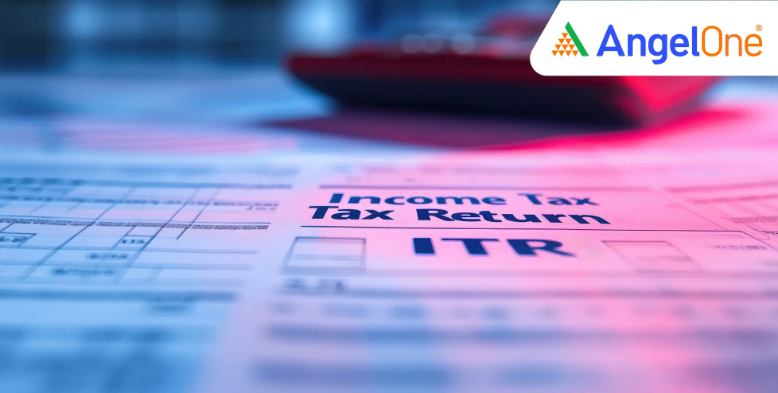
In August 2025, salaried employees saw significant income tax revisions. These updates, introduced by CBDT and through the Income Tax Act, 2025, directly impact how various allowances, deductions, and perquisites are taxed. Here’s a complete breakdown.
The income threshold for "specified employees" has been revised from ₹50,000 to ₹4,00,000. This means employees earning below ₹4,00,000 annually will no longer be categorised as "specified" and won’t be taxed on certain non-monetary perquisites like car use, domestic staff, utilities, and education facilities. However, directors or those holding 20% or more voting power will still be taxed irrespective of income.
Employees earning up to ₹8,00,000 are now eligible for tax exemption on employer-paid overseas medical treatment. Previously, this exemption was capped at ₹2,00,000. Salaries exceeding ₹8,00,000 will see this benefit counted as a taxable perquisite.
Read More: ITR Filing FY25: How Much Tax Will You Pay on Winning ₹60,000 in Online Gaming!
The government amended the law to ensure clarity on the standard deduction of ₹75,000 for individuals under the new tax regime. This offers greater certainty for salaried taxpayers planning to shift from the old to the new regime starting AY 2026-27.
The ITAT ruled that taxpayers with income up to ₹7,00,000 in the new regime (or ₹5,00,000 in the old) can use the Section 87A rebate even if the income includes Short-Term Capital Gains. This opens a window for salaried taxpayers earning modest investment returns.
The Income Tax Act, 2025, has officially replaced the 1961 version. Effective from April 1, 2026, this modern law is expected to simplify tax compliance and align with India’s economic structure. Salaried individuals should stay informed on future implementation guidelines and tools.
The August 2025 income tax reforms bring relief for lower-income salaried employees and provide important clarifications. From increased perquisite limits to a clearer tax deduction structure, these changes will influence how individuals plan and manage their taxes for the upcoming financial year.
Disclaimer: This blog has been written exclusively for educational purposes. The securities or companies mentioned are only examples and not recommendations. This does not constitute a personal recommendation or investment advice. It does not aim to influence any individual or entity to make investment decisions. Recipients should conduct their own research and assessments to form an independent opinion about investment decisions.
Investments in securities are subject to market risks. Read all related documents carefully before investing.
Published on: Aug 29, 2025, 1:22 PM IST

Team Angel One
We're Live on WhatsApp! Join our channel for market insights & updates
